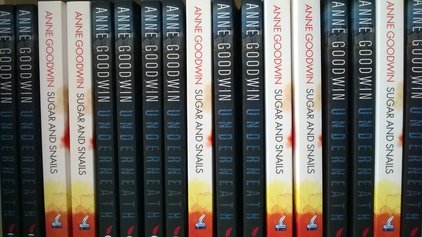
Welcome
I started this blog in 2013 to share my reflections on reading, writing and psychology, along with my journey to become a published novelist. I soon graduated to about twenty book reviews a month and a weekly 99-word story. Ten years later, I've transferred my writing / publication updates to my new website but will continue here with occasional reviews and flash fiction pieces, and maybe the odd personal post.
 Happy publication day to me! I must admit it doesn’t feel the huge leap it did the first time round, but I’m still excited, albeit not breathlessly so. There’s a quieter satisfaction in having more than one of my own novels on the shelf, making the transition from writer to author to novelist. This post is to thank those who’ve helped me on my way. While writing is a solitary activity, no writer is an island. Our achievements arise through hard work, good luck and not a little help from our friends.
14 Comments
Every novel is comprised of different parts that writers, readers and reviewers hope will combine into a satisfying whole. My last two reviews of 2016 – before I reveal my favourites of the year – are of novels for which finding that coherence is a particular challenge, but extremely worthwhile if achieved. Both published this summer, neither seems to have attracted many reviews on Goodreads, but I’m impressed with both (albeit one more than the other) so I hope you’ll at least give my reviews a chance.
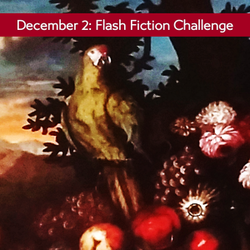
I recently shared an extract from my next novel, Underneath, in which a little boy is dancing with his mother to Cliff Richard’s Living Doll. The words are taken all too literally by the child who becomes the man who keeps a woman imprisoned in a cellar but I knew, from the very first draft of this novel, to be wary of quoting song lyrics. Yet, in the version I sent my publisher, I’d retained six words that furnished a neat link between past and present, while demonstrating the narrator’s disturbed and disturbing state of mind. But as publishing becomes a (still fairly distant) reality, I thought I’d better get some advice from the Society of Authors on copyright law. Based on what I was told – and this is only my interpretation – I’ve decided to paraphrase instead of quoting: I don’t want to risk having lawyers on my back; nor do I want to renege on my own personal vow never to pay to be published (it’s the author’s, not the publisher’s, responsibility to seek out and pay for permissions).
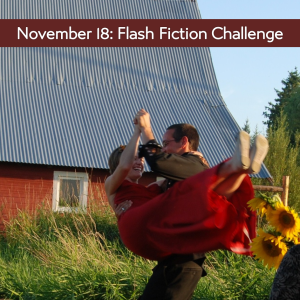 I was quick off the mark with the latest Carrot Ranch flash fiction challenge. But, although I was pleased with my toilet dance, I thought it didn’t do justice to the versatility of dance in fiction. So, given that Charli has given us an extra week to submit our stories, and impressed with those I’ve read already, I thought I’d give it another go. If you could learn to dance from fiction, I’d be able to do the jitterbug after reading Clare Morrall’s novel, After the Bombing. I’m not sure what kind of dancing they did in 1860s Indiana, but the female soldier, Ash, is full of admiration for her husband’s prowess in Laird Hunt’s Neverhome. In my novel, Sugar and Snails, my narrator dressed up in a borrowed tutu and danced without inhibition as a toddler, but sadly never felt as comfortable in her body again. This flash is for her:
 Keep at it! You’ll get there in the end if you try hard enough. How often did I come across such words as I struggled to find a publisher for my novel? And, now I’m published, am I going to regurgitate the mantra to others on the way up? No, I’m not, because – do you know what? – it’s bollocks. While writing a good book, and investing time and money to make it better, and treating each rejection as a trigger to try again, no doubt improve our chances, there’s no magic formula. Success doesn’t happen without an element of luck. They mean well, those published writers who perpetuate the mythology. After all, the great unpublished are hounding them for scraps of encouraging advice. Looking back on their own rocky road to publication, all they see is hard graft and talent. If that got them through, why wouldn’t others achieve the same result? But history is a story told from the point of view of the victors. The voices of those who worked equally hard without the golden ticket go unheard, save a few brave exceptions. Although his emphasis is marketing, Dan Blank proves himself an ally of the disaffected, picturing success as a function of writing talent, author platform and luck. 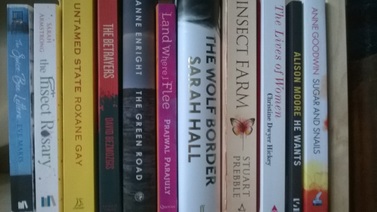 Many of us are fascinated by where we came from: the parents and places that made us who we are. While it seems we need to leave home, either physically or geographically, to become ourselves, at some point we’re drawn back to reconcile ourselves to the gap between the reality of our personal origins and the myths we’ve been sold or created. Ambivalence about home is such a core feature of my own reading and writing, it’s a struggle to condense it into the ninety-nine words Charli Mills has requested this week on the theme of returning to a place of origin. Join me on a tour of my literary bookshelves while I contemplate my own take on the prompt.  Sarah is seventeen in 1255 when she chooses to be enclosed in a cell, seven paces by nine, at the side of the village church. Fleeing the grief of losing her mother and her younger sister in childbirth, and the unwelcome attentions of the lord of the manor, she renounces the world and all its dangers and disappointments to a living death dedicated to God. With guidance from The Rule, a book copied without flourishes by her reluctant confessor, Father Ranaulf, she’s also responsible for the moral welfare of her two servant women and, indirectly through her prayers, the well-being of the village, proud to have an anchoress in their midst, even if they cannot see her. It takes great skill to compose an engaging narrative about a woman who never leaves her room, but Sarah is an intriguing character. We wonder about her motivation for being there, the impact of her incarceration on her body and mind and, when we discover along with her that one of the previous inhabitants of her cell left in disgrace, whether she will stay. And, much as Sarah would prefer to renounce the world, she cannot be completely isolated, as she hears the church services through a slit in the adjoining wall and the rhythms of village life on the other side, and as women from the village come to solicit her prayers. 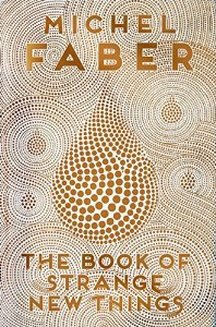 Beatrice and Peter are united in their love for each other, their church and God, but when only he is selected as missionary to a faraway planet, they accept their separation with goodwill. Rocketing trillions of miles in a drug-induced coma, Peter is too excited by the challenge to question the motives of USIC, the organisation that has recruited him. His first hours on the base are a catalogue of strange new things: the green water that tastes of melon; the humid atmosphere that twirls and creeps like prying fingers beneath his clothes; the community of loners quietly engrossed in their various roles in establishing the colony. But Peter has not been recruited to attend to the spiritual needs of his fellow humans; his job is to satisfy the indigenous population’s thirst for what he calls the Bible and they “the book of strange new things”. To the earthlings, the Oasans are disturbing creatures, despite their small and frail stature, shrouded in hooded robes of a fabric “disconcertingly like a bath towel” that intermittently reveal faces like twin foetuses “nestled head-to-head, knee to knee”. But, trusting in God and humbled by their openness to Christian the message, Peter easily overcomes his initial revulsion.  A writer is someone who edits, not just culling the dross but being brave enough to throw out the good stuff if it isn't earning its keep. All that waste would horrify Selina, the central character in my newly published short story, Fat Footprints, whose close relationships are in jeopardy due to her taking the mantra of reduce, reuse, recycle to the extreme. So it's on her behalf I'm asking if there's ever a way of reusing those unwanted words. Like taking our fashion mistakes to the charity shop and wilted vegetables to the compost, is there ever life after death for our redundant sentences? |
entertaining fiction about identity, mental health and social justice
Annecdotal is where real life brushes up against the fictional.
Annecdotist is the blogging persona of Anne Goodwin:
reader, writer, slug-slayer, tramper of moors, recovering psychologist, struggling soprano, author of three fiction books. LATEST POSTS HERE
I don't post to a schedule, but average around ten reviews a month (see here for an alphabetical list), some linked to a weekly flash fiction, plus posts on my WIPs and published books. Your comments are welcome any time any where. Get new posts direct to your inbox ...
or click here …
Popular posts
Categories/Tags
All
Archives
March 2024
BLOGGING COMMUNITIES
|
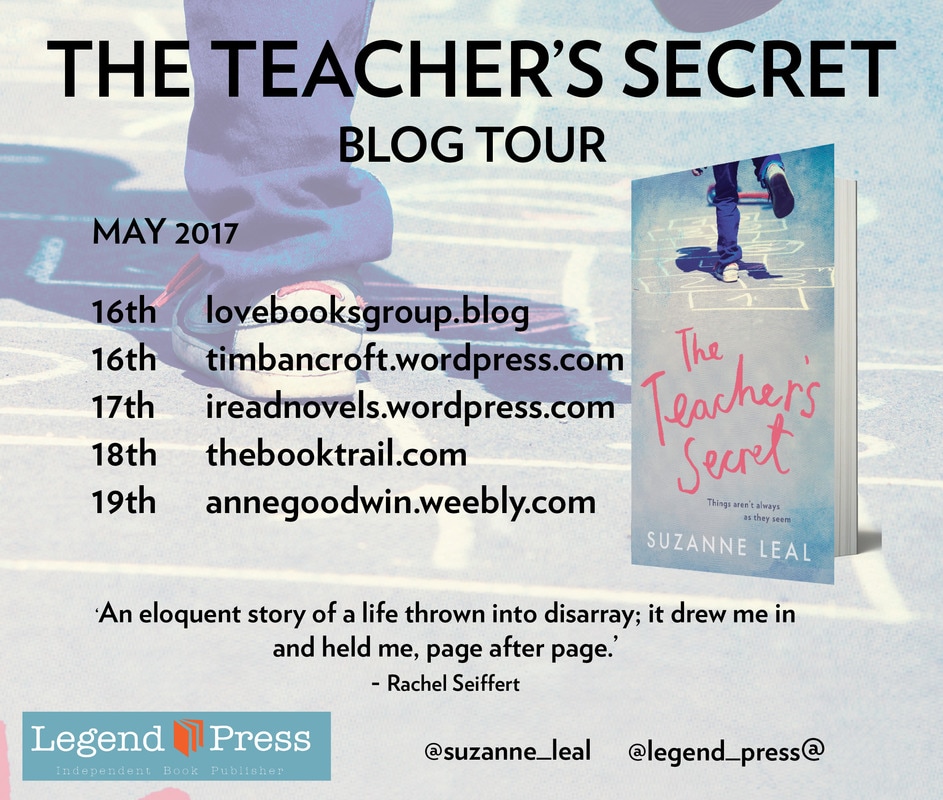
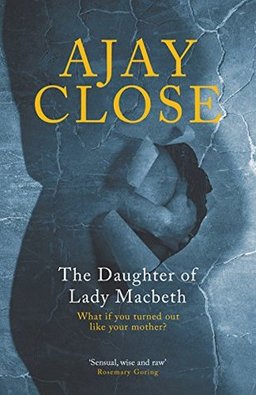
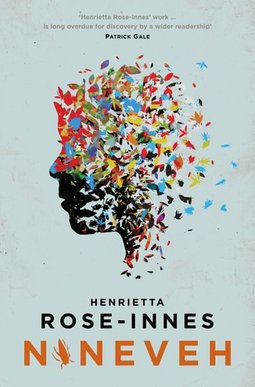
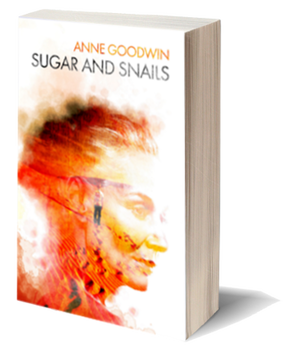
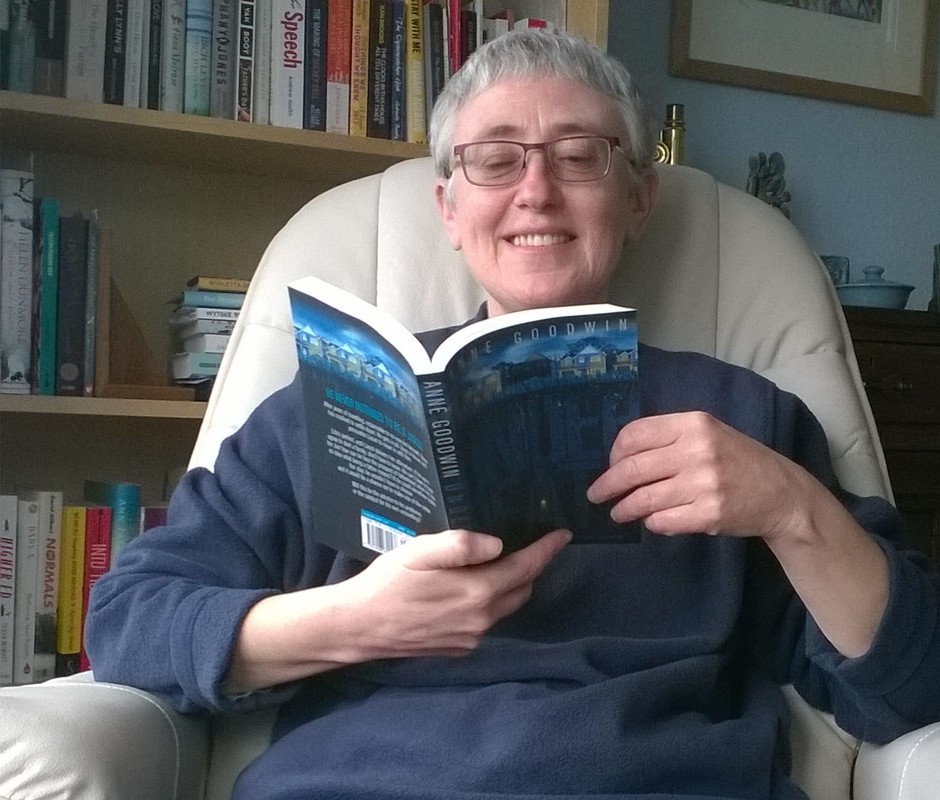
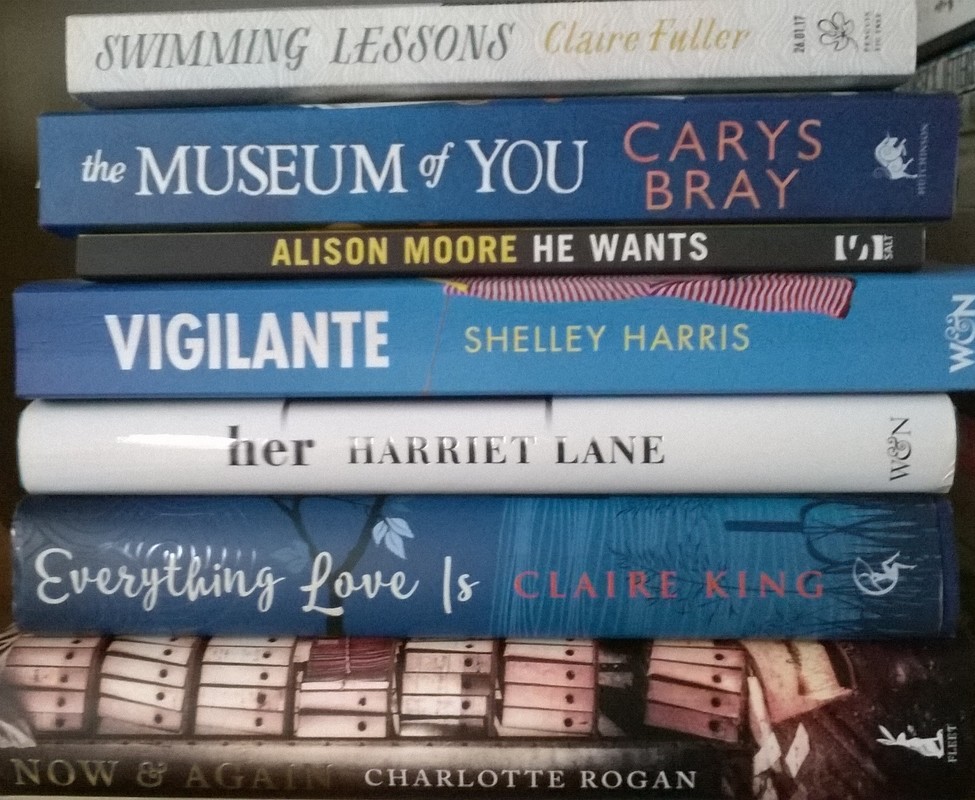

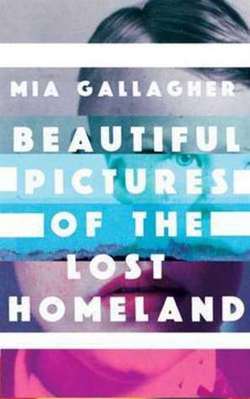
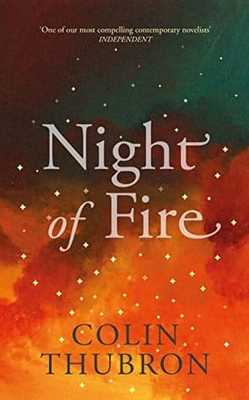
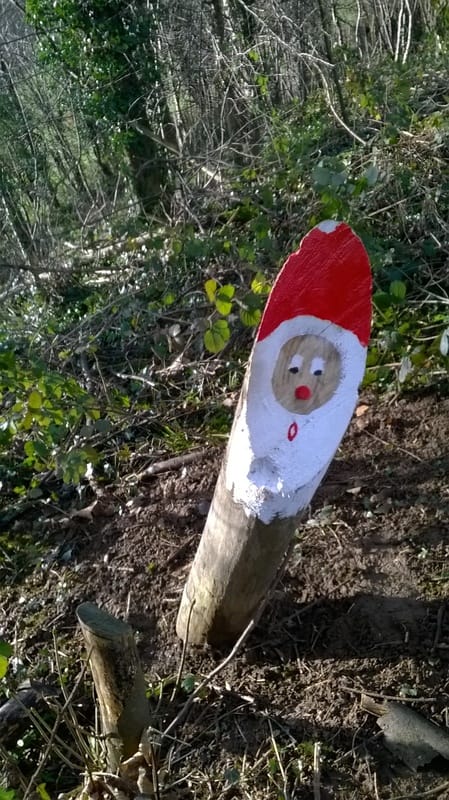
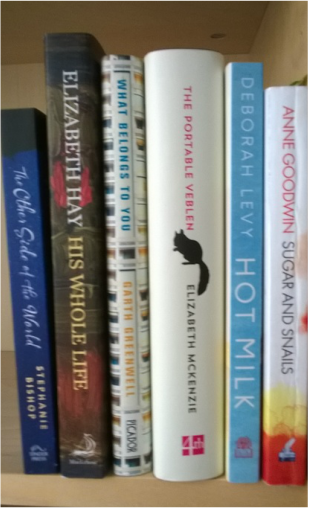
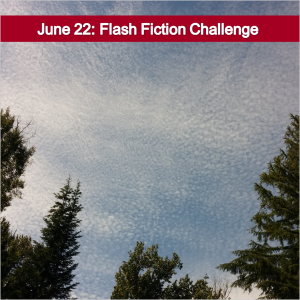






















 RSS Feed
RSS Feed





















